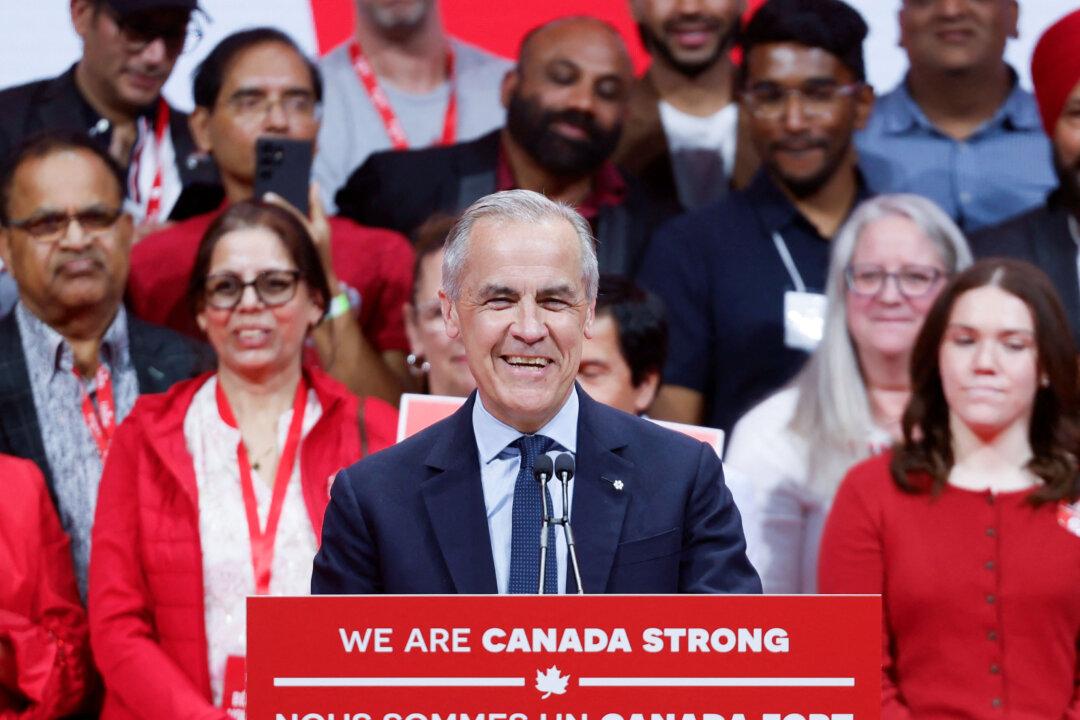The Liberals have won Canada’s April 28 election, forming government for a fourth consecutive term, with Mark Carney remaining prime minister.
As of 6 a.m. EST on April 29 with 99 percent of the polling results available, the Liberals were either elected or leading in 168 ridings, the Conservatives in 144, Bloc Québécois in 23, the NDP in seven, and the Greens in one, while vote counts continue.




